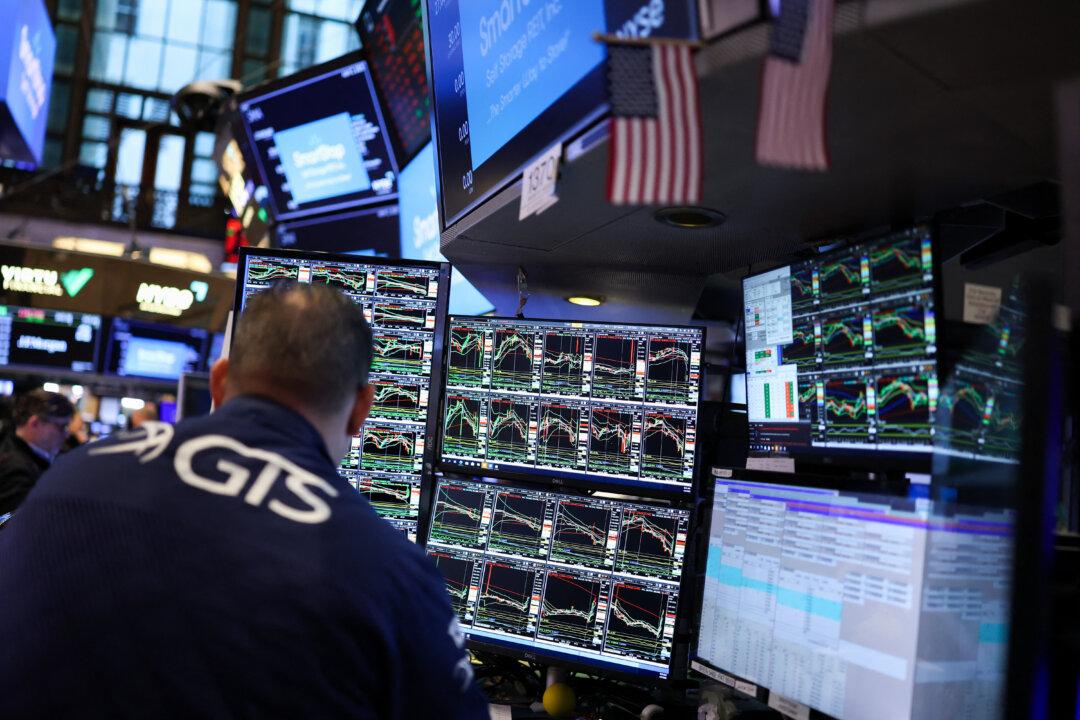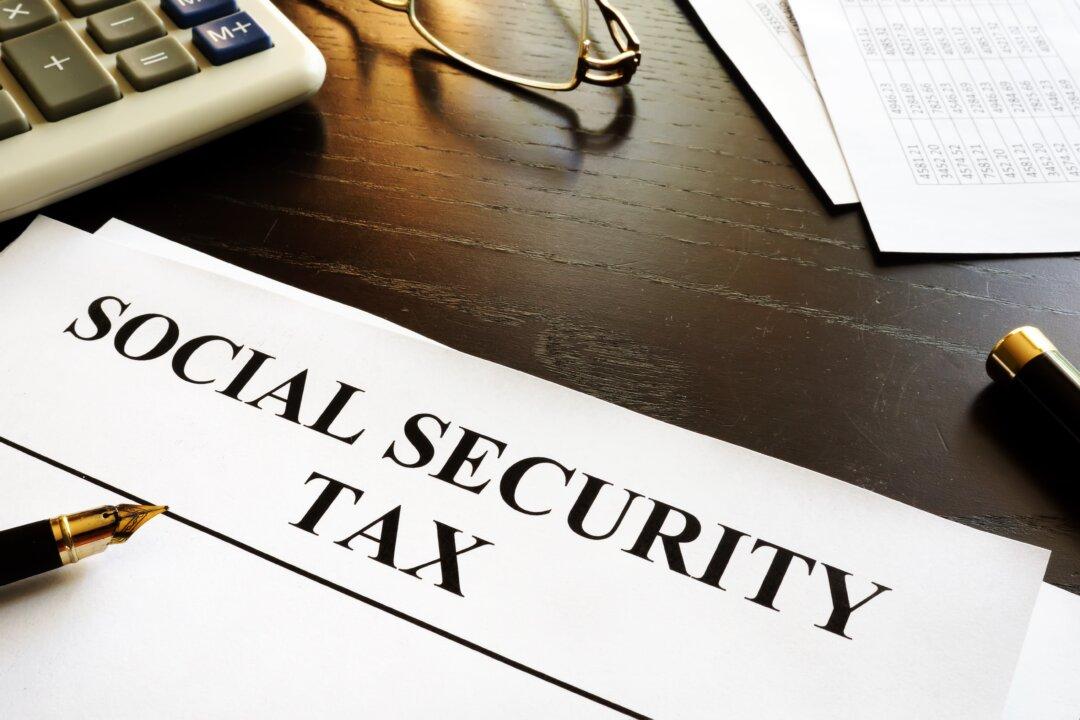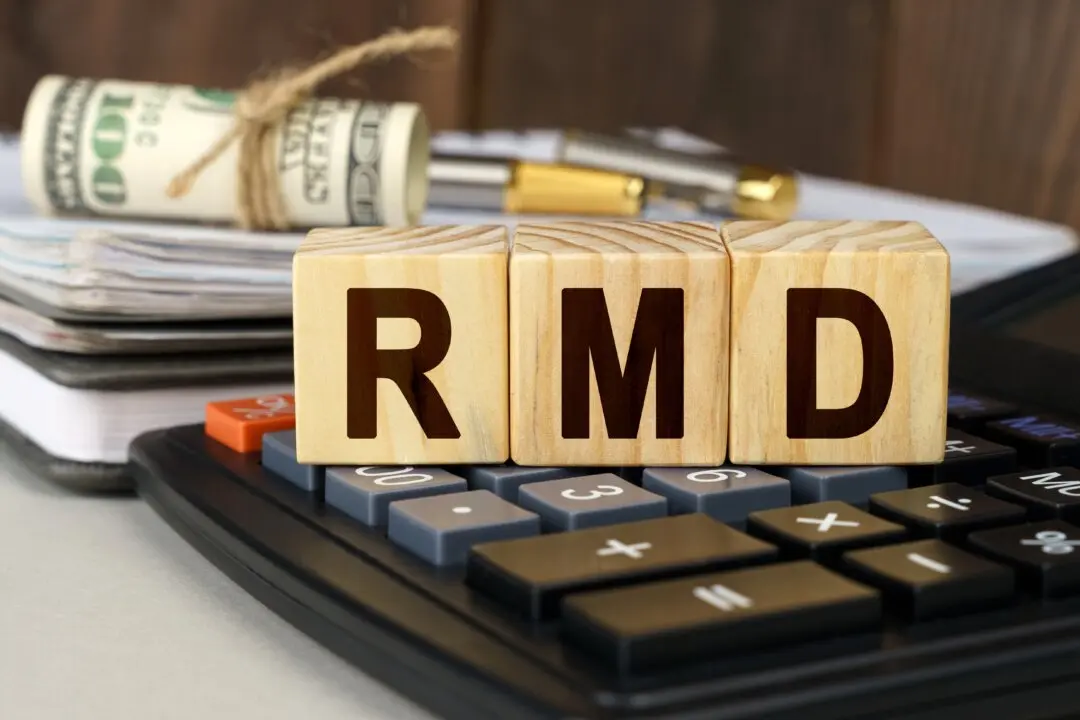The stock market climbed to near-record highs following President Donald Trump’s announcement of a cease-fire between Iran and Israel. The move came after Iran retaliated by launching missile strikes on a U.S. airbase in Qatar, which left no casualties. Market experts saw this as a sign that Tehran was neither looking for a full-scale war nor eager to retaliate economically by closing the Strait of Hormuz. This is a strategic waterway through which 20 percent of the world’s oil passes through, and its closure could rattle the oil markets. But following the cease-fire, oil plunged and stocks skyrocketed.
Historically, the stock market tends to dip immediately following the launch of war and the uncertainty it brings. And there’s no way to know whether the Iran–Israel cease-fire would hold. In addition, Israel remains in conflict with Hamas forces in Gaza. And the Ukraine–Russia war surges on. These conflicts bring about uncertainty, and, as we’ve observed, the markets don’t like uncertainty.






